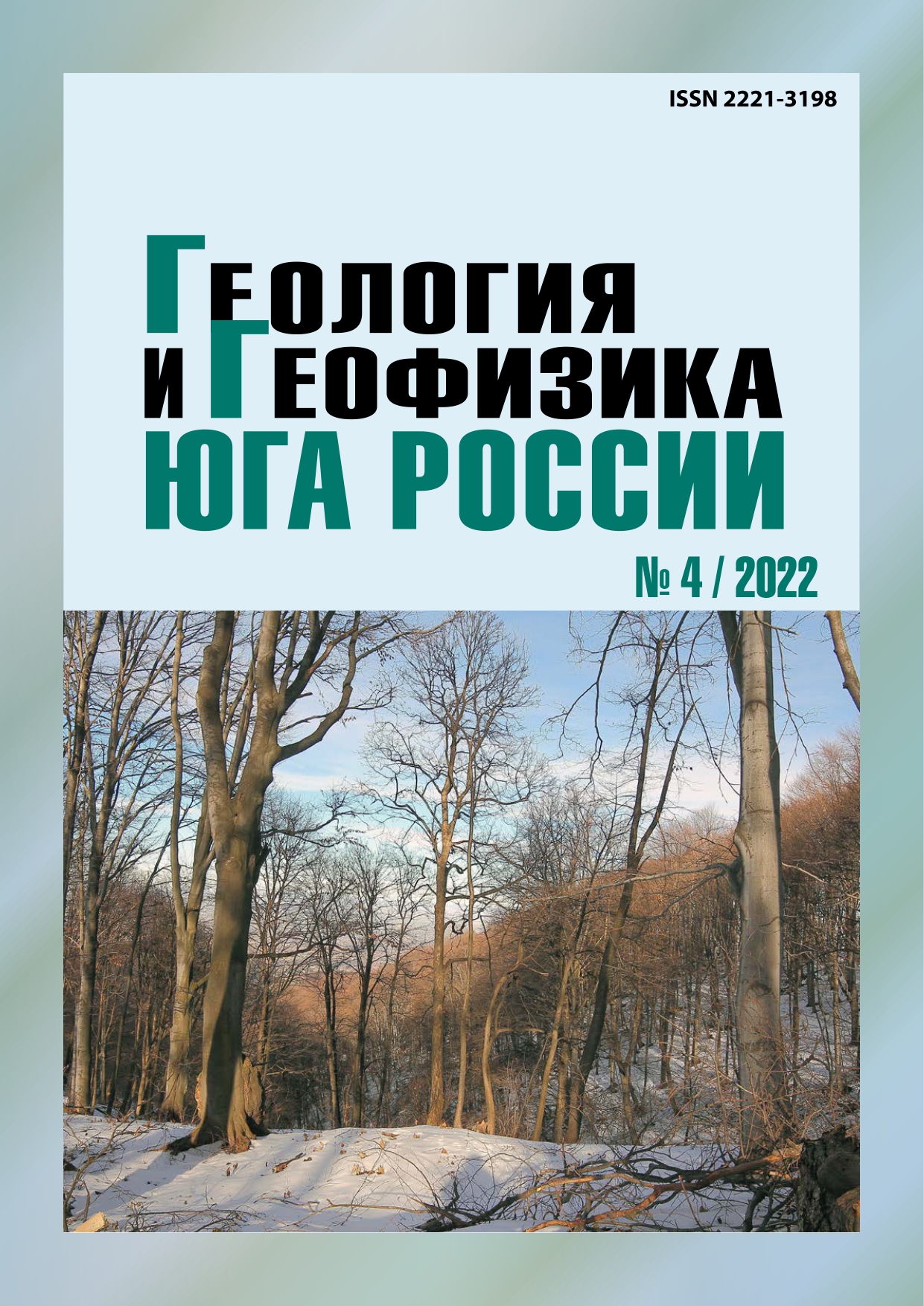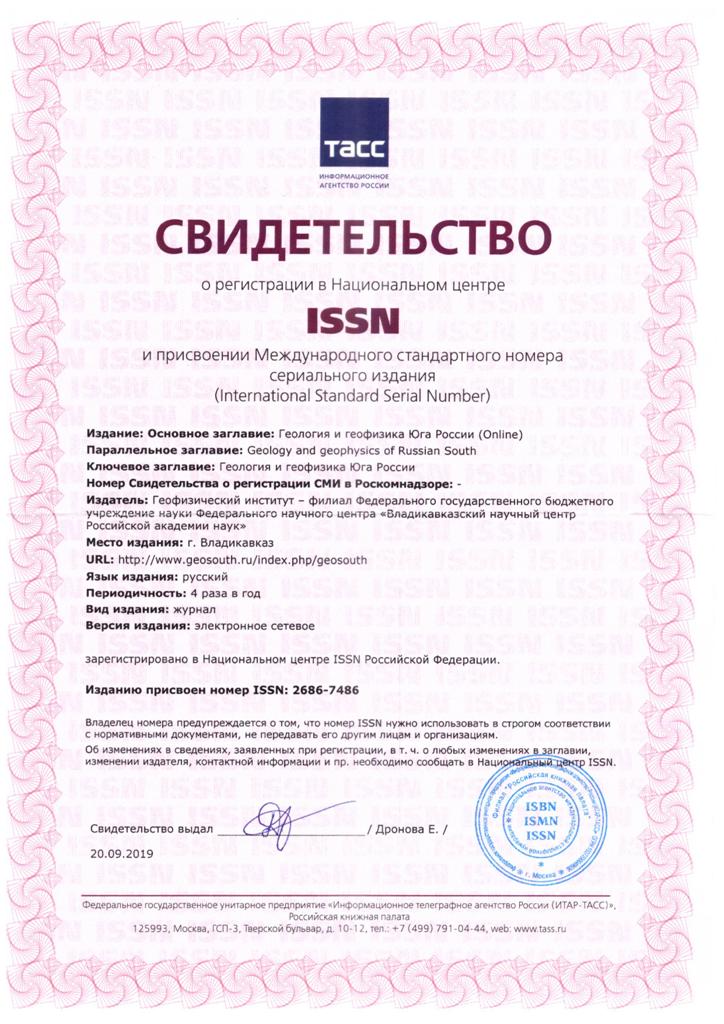Analysis of greenhouse gases in oil-controlled areas and development of methods for their biorecultivation (for example of Grozny)
Keywords:
oil waste, greenhouse gases, soil respiration, biodegradation, transformation
Abstract
Relevance. Oil-contaminated territories are sources of increased greenhouse gas emissions, which is associated with the constant processes of transformation of petroleum hydrocarbons under the influence of various factors. The intensity of methane and carbon dioxide emission in the area of oil waste storage has been studied. The site refers to the objects of accumulated environmental damage of past years, located in the Zavodskoy district of Grozny on the territory of the former Novogroznensky Oil Refinery named after. N. Anisimova. An increase in ambient temperature leads to an increase in greenhouse gas emissions in the event of a violation of the integrity of the crust from burnt oil products and soil. Taking into account the composition of oil waste from the experimental site, a bioconsortium was developed to activate the biological destruction of hydrocarbons and a field experiment was laid. The aim of the experiment is to study the effectiveness of oil waste biorefining methods from the standpoint of decarbonization processes and greenhouse gas emissions. One of the objectives of the experiment is to develop methods for the transformation of petroleum hydrocarbons into soil organic matter to maximize the conservation of oil carbon in the soil and improve its bioproductivity. Methods. Laboratory studies have shown that tillage with the experimental bioconsortium MBK-A enhances the intensity of soil respiration, accelerates the purification of soil from hydrocarbons by 55-58% in 2 months, the use of straw as a structurant along with MBK-A stimulates purification at an even faster rate – up to 67% for 2 months. The use of covering material slows down soil respiration and reduces the rate of hydrocarbon transformation using MBK-A with and without straw. Results. The obtained data of this and subsequent years of observations will allow to substantiate the most effective methods of decarbonization in the processing of oily waste.
Published
2022-12-28
Section
Articles


